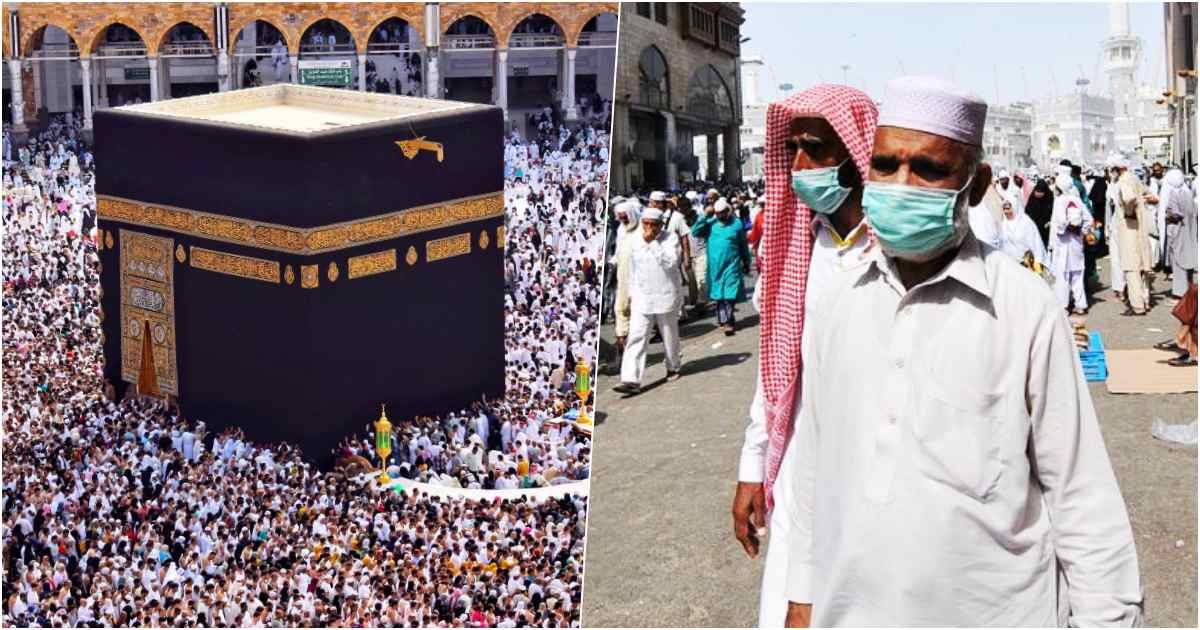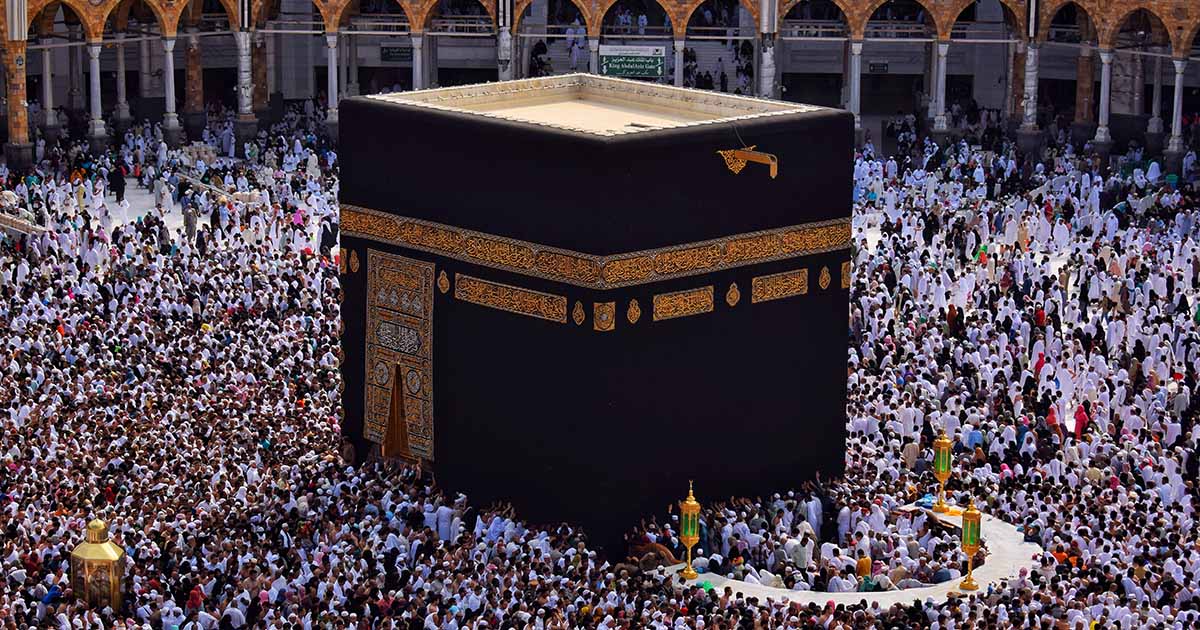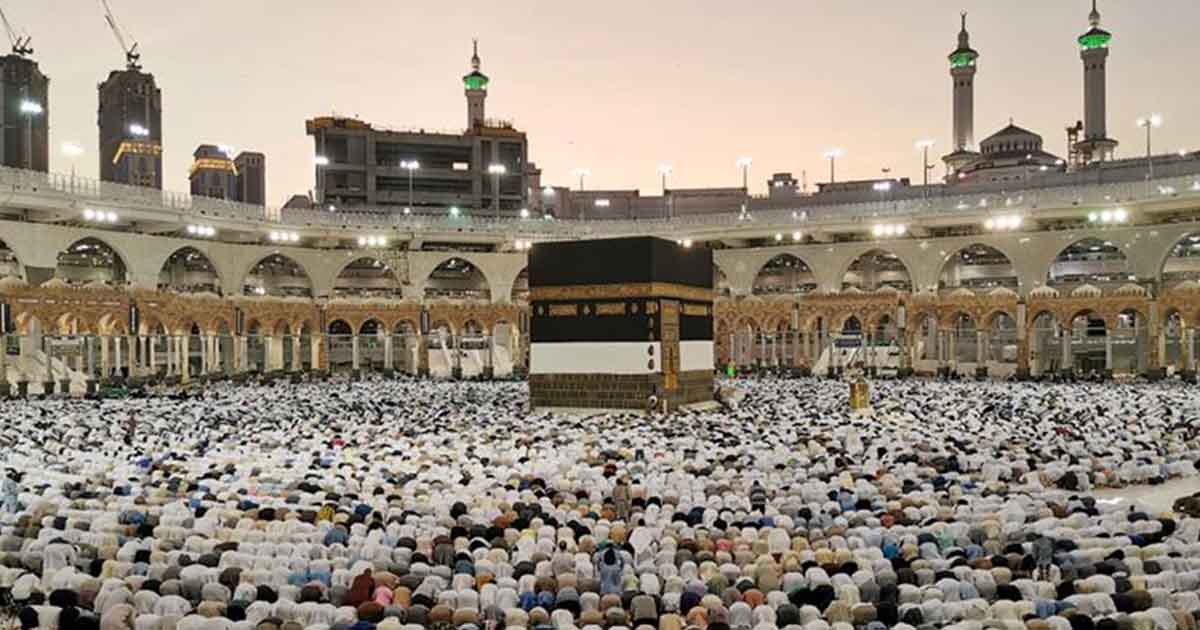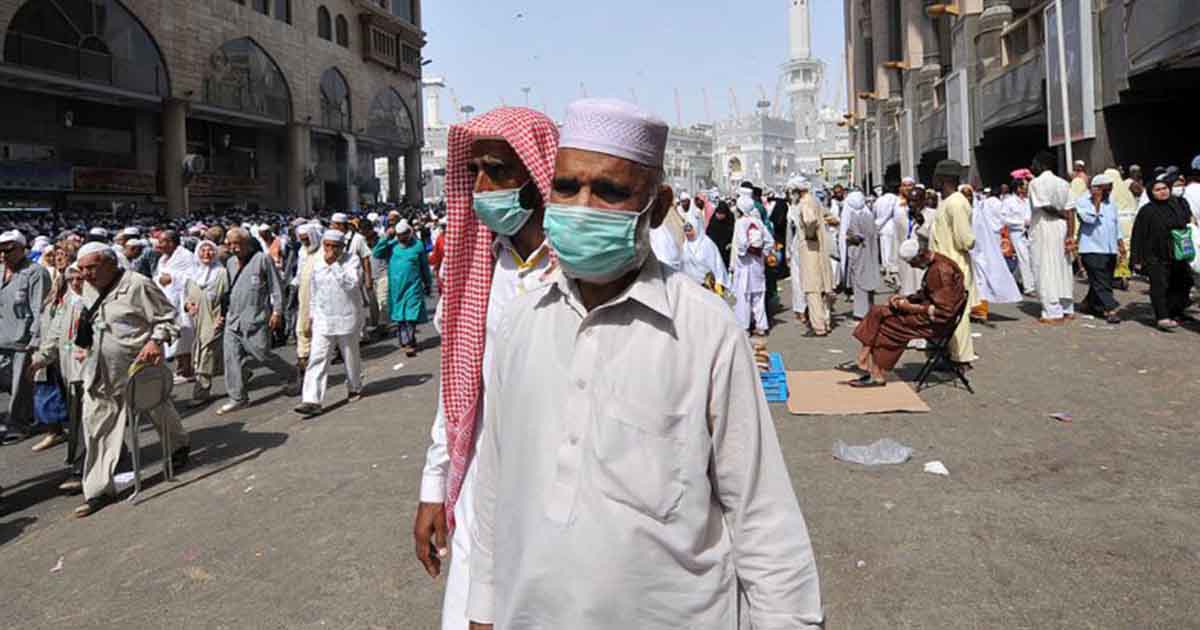Saudi Arabia banned foreign pilgrims from entering the kingdom to visit Islam’s holiest sites on Thursday over the new coronavirus, potentially impeding the plans of millions of faithful followers ahead of the Muslim’s month of Ramadan and as the annual hajj pilgrimage looms.
The kingdom, which considers itself as the custodian of Islam’s two holiest sites, will reportedly only open religious rituals to residents and nationals.
In the past years, diplomatic rifts in the area restricted travel for pilgrims from Qatar and Iran, starting an outcry. But a wholesale temporary ban on visits from foreign countries to the holy sites is a first in living memory.
In the Middle East, governments have been trying hard to cope with the spread of Covid-19. As a matter of fact, Iran, a regional breeding ground for the virus, has canceled this Friday’s prayers in affected provinces. The country has also closed schools, public offices, and other public gatherings until March 7.
On the other hand, Kuwait, which has the second-largest number of confirmed coronavirus cases after Iran, is also struggling to stem the spread of the virus, evacuating citizens from Iran and Italy, which has also experienced a surge in the virus.
According to state media, the majority of Middle Eastern coronavirus cases have come from Iran, one of the largest outbreak countries outside of China. As of now, Iran has 141 confirmed cases, and 22 have already died from the sickness.
Meanwhile, Saudi Arabia, which froze diplomatic relations with Iran in 2016, is reported to have no confirmed cases of the virus. In addition to putting a stop to pilgrimages for outsiders, preventative measures include suspending the entry of nationals of “countries with confirmed Coronavirus outbreaks.”
According to a tweet by the Saudi foreign ministry:
“Saudi Arabia stress that these measures are temporary and subject to continuous evaluation by the relevant authorities.”
“We ask God Almighty to spare all humanity from all harm. #CoronaVirus #COVID19”







